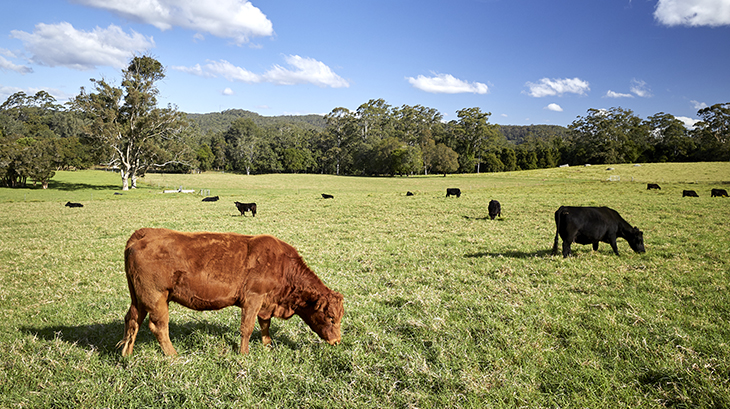Framework to be built around Indigenous agricultural products
January 09 2025

More information
Contact
Jacob Betros
Resources
Read more about the Indigenous Agricultural Product Framework Project

Contact
Jacob Betros
Resources
Read more about the Indigenous Agricultural Product Framework Project